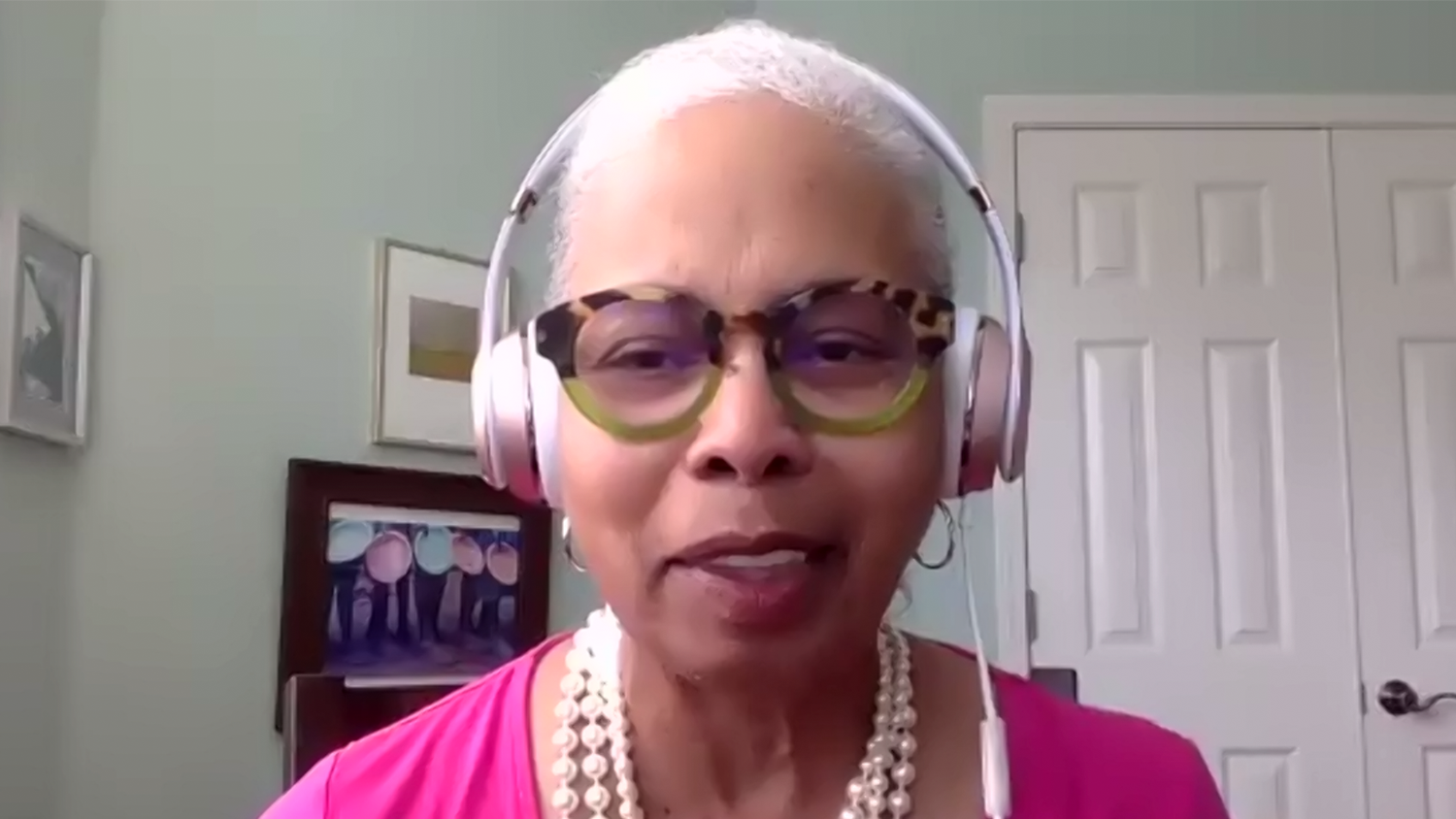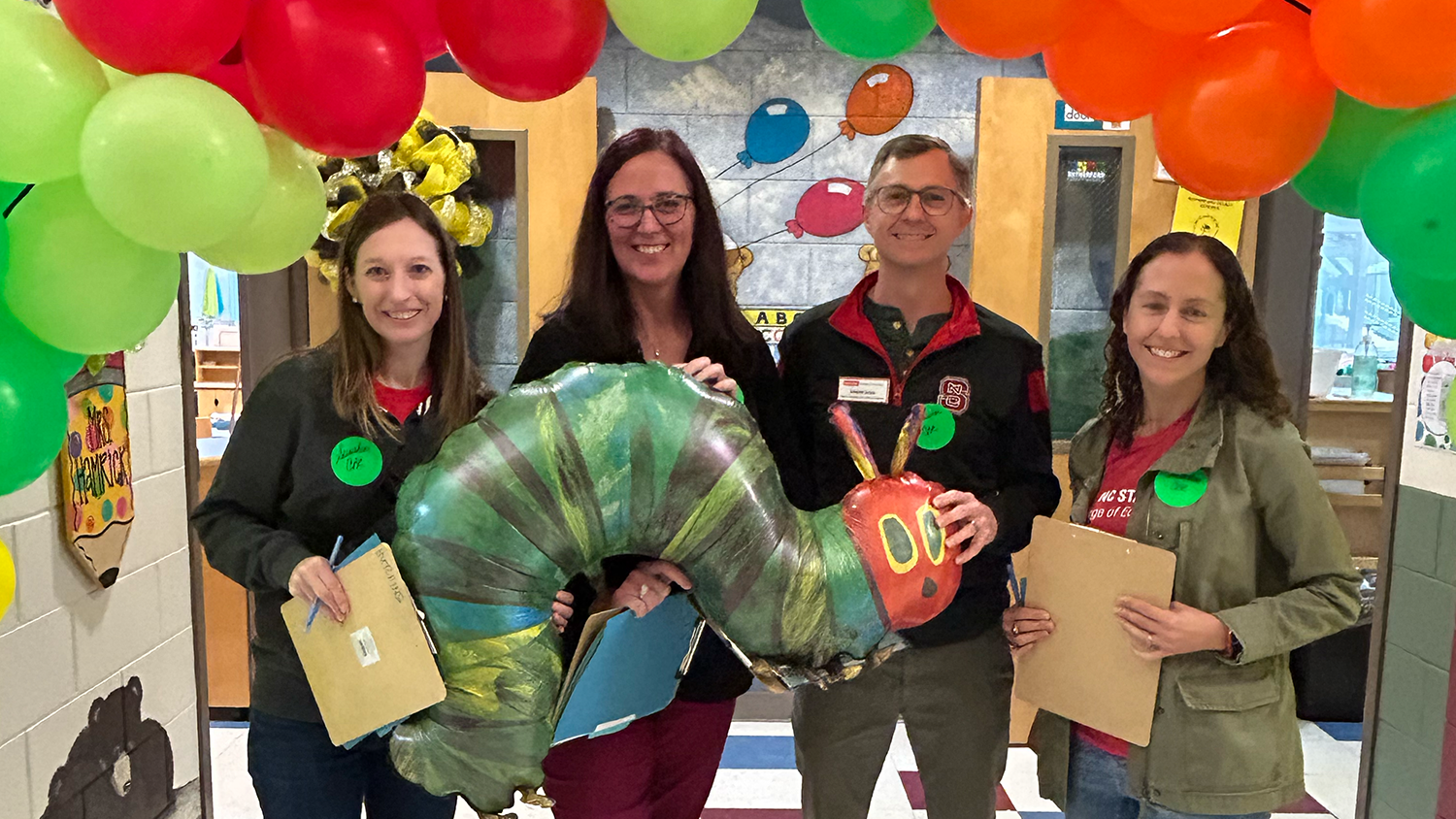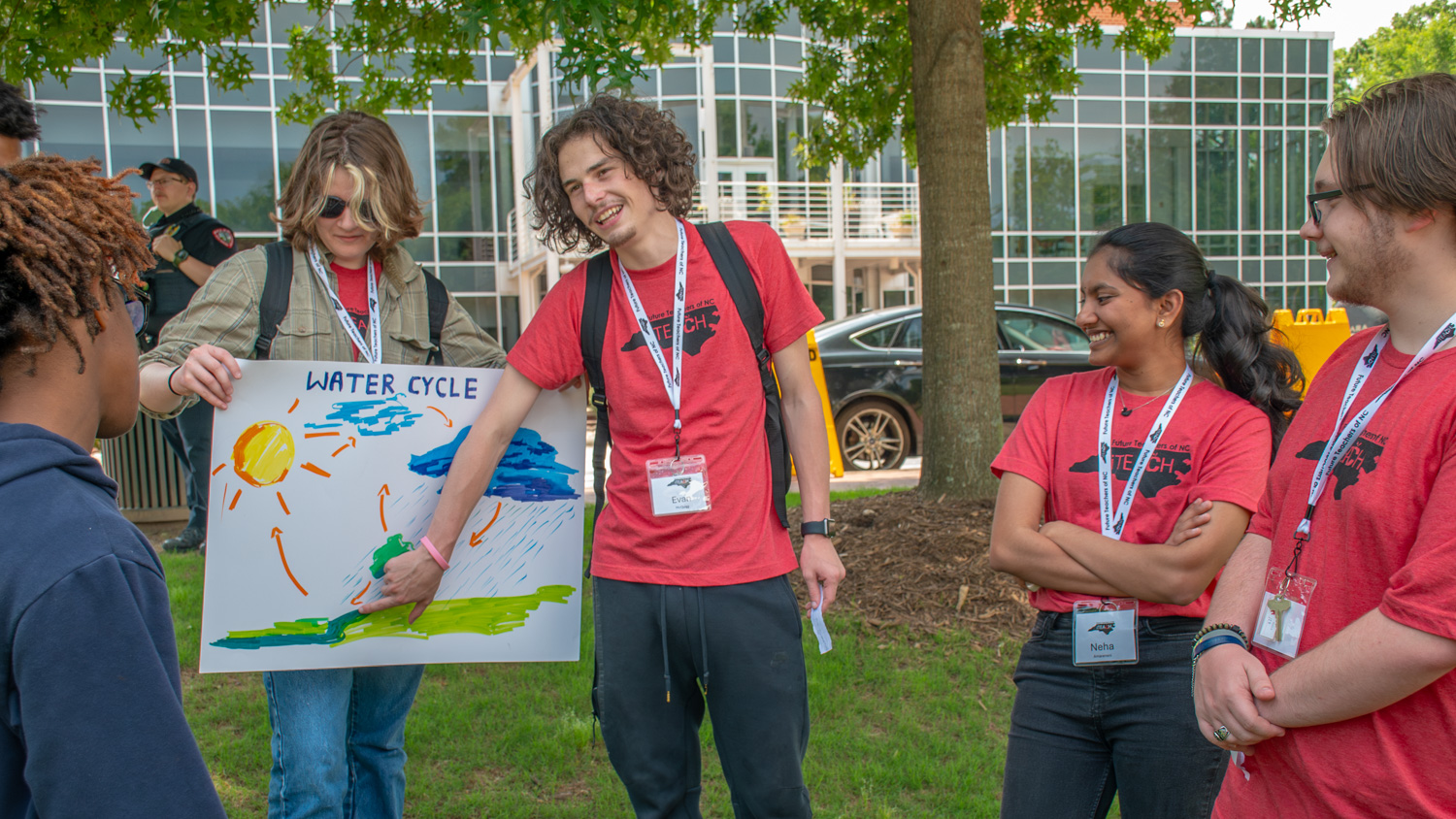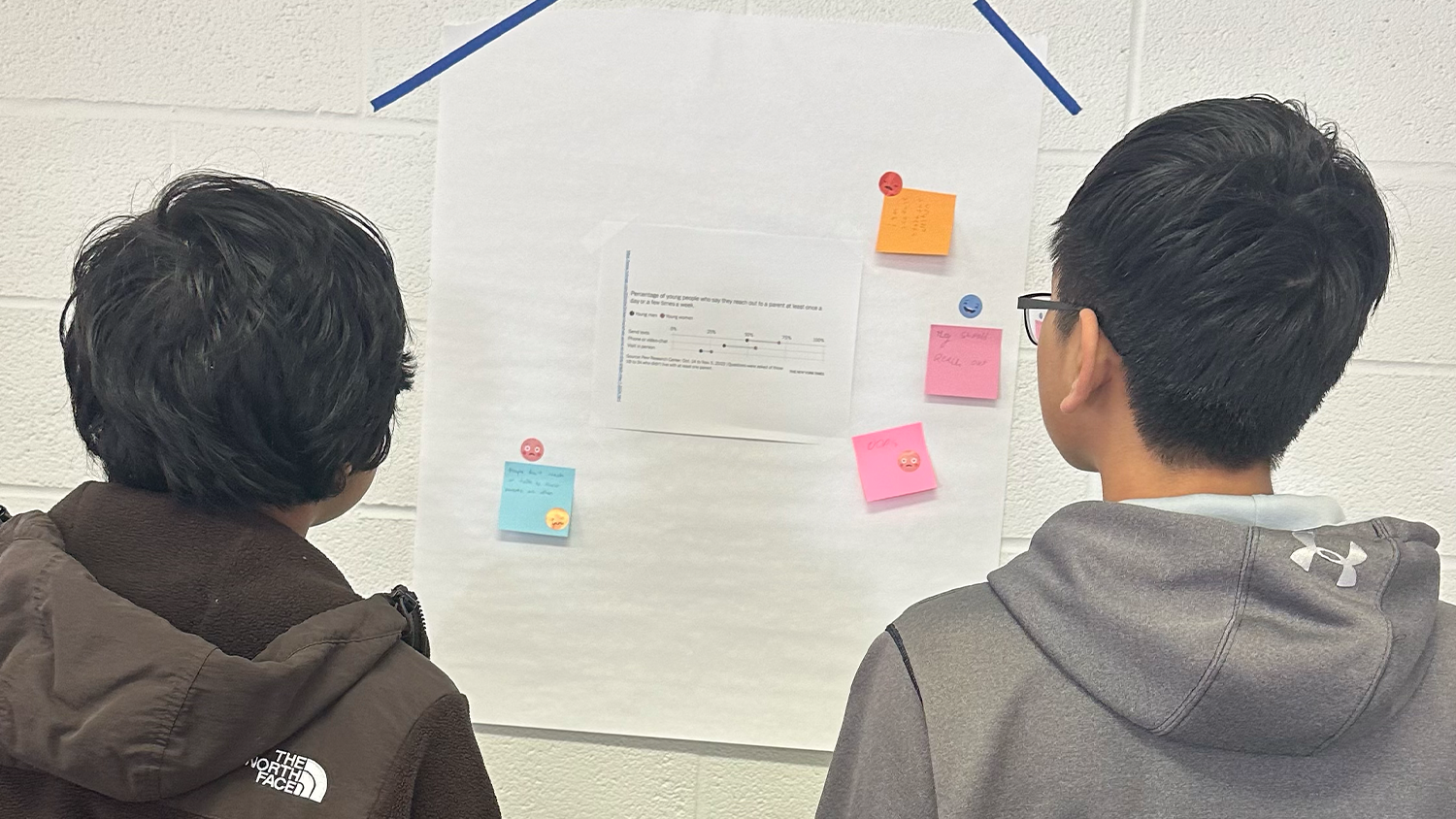‘I Want to Hold Our Feet to the Fire Around Justice:’ Gloria Ladson-Billings Discusses Education After COVID, Civil Unrest During Don C. Locke Multiculturalism and Social Justice Symposium

As a former social studies educator, Gloria Ladson-Billings, Ph.D., National Academy of Education president and former Kellner Family Distinguished Professor of Urban Education at the University of Wisconsin-Madison, says she carries around a copy of the United States Constitution in her backpack on a regular basis.
While many educational institutions are currently focused on issues of equity, Ladson-Billings said the more important term is one that is written into that Constitution as a fundamental right for all: justice.
“As soon as people hear the word equity, there’s a group of people who gravitate towards it and there’s a whole group of people who shut completely off because they think they’re going to lose something in the process. But justice is a fundamental principle. Justice is written into our documents,” she said. “Nothing in [the Constitution] says ‘equity,’ but it says ‘justice’ and I want to hold our feet to the fire around justice.”
Ladson-Billings delivered the keynote address, entitled “This is Us! Educating Post Covid/Post Civic Unrest America — Tragedy or Opportunity?” at the NC State College of Education’s 2021 Don. C. Locke Multiculturalism and Social Justice Symposium on March 24, 2021. The symposium was founded in 2018 to honor Locke, a former professor of counselor education at NC State who dedicated his professional life to the advancement of counseling and equity.
The author of critically acclaimed books The Dreamkeepers: Successful Teachers of African American Children and Crossing Over to Canaan: The Journey of New Teachers in Diverse Classrooms, Ladson-Billings introduced the world to the concept of culturally relevant pedagogy and helped to bring Critical Race Theory into the field of education.
During her remarks, Ladson-Billings said that the convergence of four pandemics — COVID-19, racism, the threat of economic collapse and impending environmental catastrophe — can provide an opportunity for PK-12 schools and universities to engage in an “education reset” that can move toward justice.
[spotlight-box label=”” img=”” align=”left” heading=”Hip-Hop as an Opportunity for Justice” cta=”” url=””]During her talk, Gloria Ladson-Billings shared her ideas about how educators can draw on hip-hop to make change. Hip-hop, she said, is the notion of flipping something out of nothing like many teachers had to do during the pandemic. Hip-hop also embraces the notion of staying fresh and requires being creatively resourceful, much like educators who want to inspire change must be.
“You can’t keep doing the same old things. The classrooms and teachers who have struggled during this pandemic are the ones who are trying to do the same old stuff,” she said.[/spotlight-box]
She noted that many educators are being asked to focus on the concept of social justice without a commitment to basic justice, which includes criminal justice reform, environmental issues like contaminated water in low-income areas and economic inequalities.
“As long as we avoid demanding justice, we will continue to divorce student achievement from justice. In other words, when we look at which kids are not doing well, we almost never have a conversation about the lack of justice that makes that possible,” she said.
Social justice in the classroom, Ladson-Billings said, often focuses more on talk than action and has traditionally centered around concepts that don’t directly relate to situations children face in their daily lives. The conversation needs to shift, she said, to focus on coupling justice with discipline policies, high school graduation rates and the inverse relationship between the races of teachers and their student populations.
As an example of injustices that exist in assigning students to advanced classes, she shared the story of her visit with students from Carrboro High School in North Carolina. After reading her writings about “education debt,” the students shared reaction papers that repeatedly expressed that their AP and honors classes had virtually no students of color in them because those students were not invited to join the “gifted” program back in third grade.
[spotlight-box label=”” img=”” heading=”What is the Education Debt?” cta=”Learn More” url=”https://www.jstor.org/stable/3876731?seq=1″]Gloria Ladson-Billings, Ph.D., coined the term “education debt” as a counter narrative to the discussion about the achievement gap that focuses on disparities in test scores between Black, Latinx and white students in U.S. schools. She argues that the focus on a gap is misplaced and that people instead need to look at the historical, economic, sociopolitical and moral debt that has accumulated over time for Black and Latinx students.[/spotlight-box]
This practice, Ladson-Billings said, sets up a dangerous pattern of suggesting who is and isn’t worthy of enrolling in advanced classes.
“By high school, all of those children you’ve provided enrichment to ought to go into honors or AP classes, but you have disenfranchised those that you didn’t pick in third grade and they struggle to be a part of AP or honors,” she said.
Ladson-Billings said she would like to see an educational system that not only opens advanced classes to students of all backgrounds, but actually requires that students take an AP or college-level course related to a subject of their choosing prior to graduating high school. Their grade in the course, she said, is not important because they will benefit from having participated in an enriched experience in a subject that interests them.
“When I talk about a reset, that’s what I’m talking about. I’m not talking about going back to what we were doing, because what we were doing was ensuring that some kids were failing,” she said.
When creating equal opportunities for students, Ladson-Billings noted that the goal is not to necessarily change the current curriculum, but rather to enhance it so that students can see multiple perspectives side-by-side.
When asked about dismantling the traditionally Eurocentric literacy approach in place in most K-12 schools, she said that while she would still include books like Heart of Darkness, a story by Polish-English writer Joseph Conrad about a voyage up the Congo River in Africa, she would do so while also assigning Things Fall Apart, a story written by Nigerian author Chinua Achebe that depicts pre-colonial life and the arrival of Europeans in Nigeria in the 19th century.
The parallels and exploration of contrasting viewpoints related to the same ideas, she said, can help students understand the perspectives of those who are different from them and make all students better critical thinkers.
“That’s the kind of thinking our students need to do in order to be good decision makers. We don’t need to dismantle so much as break open the Eurocentric curriculum,” she said.
- Categories:


